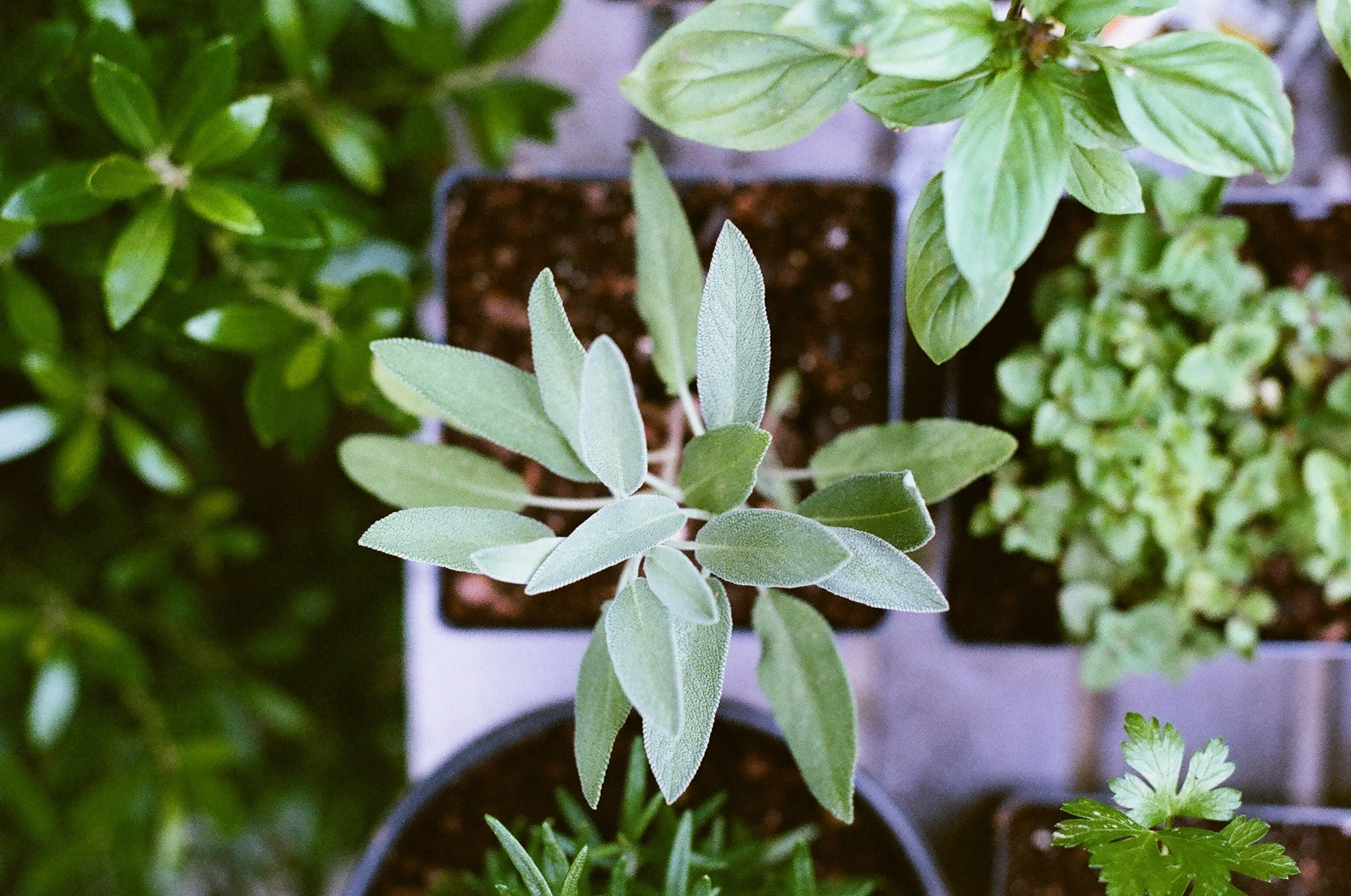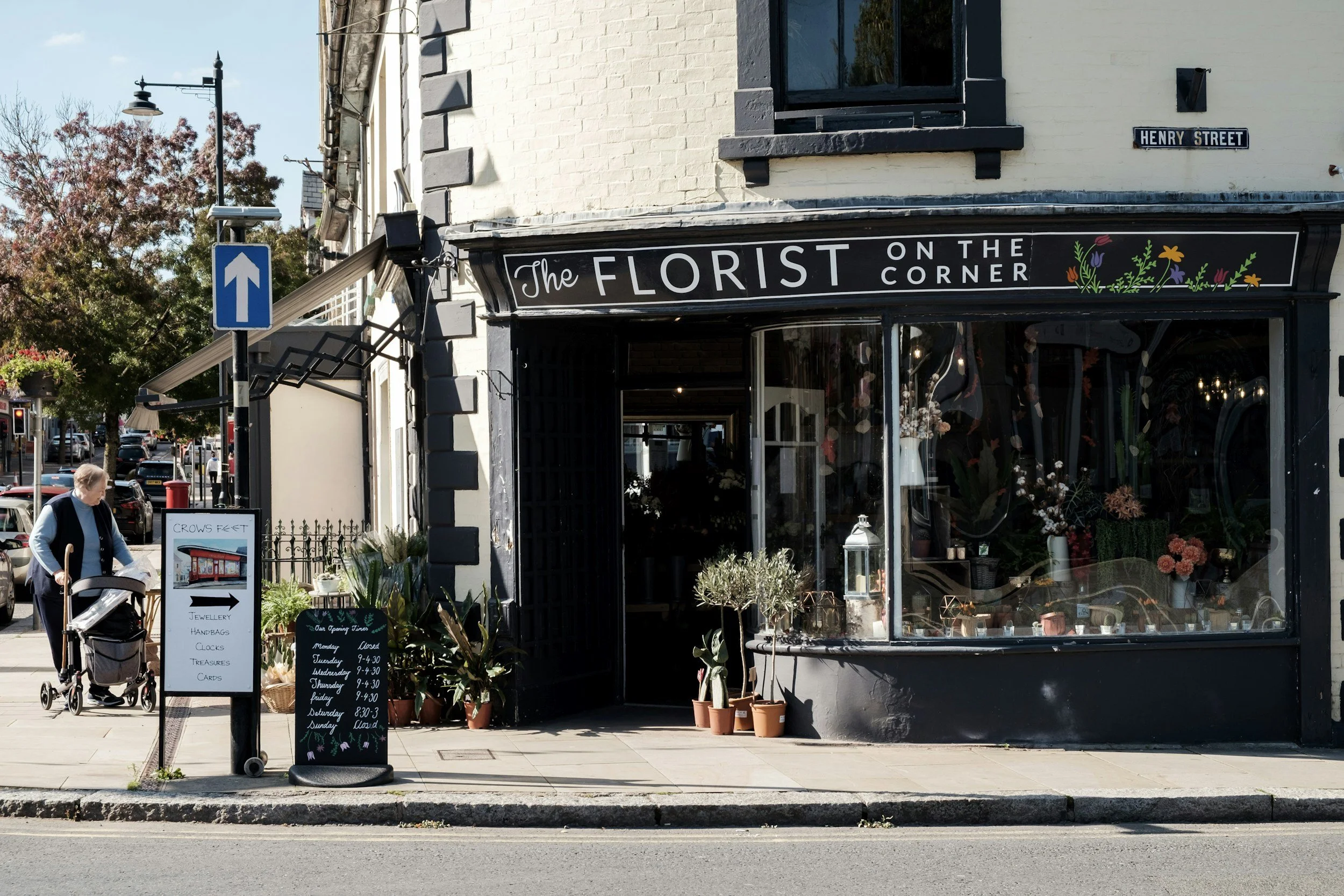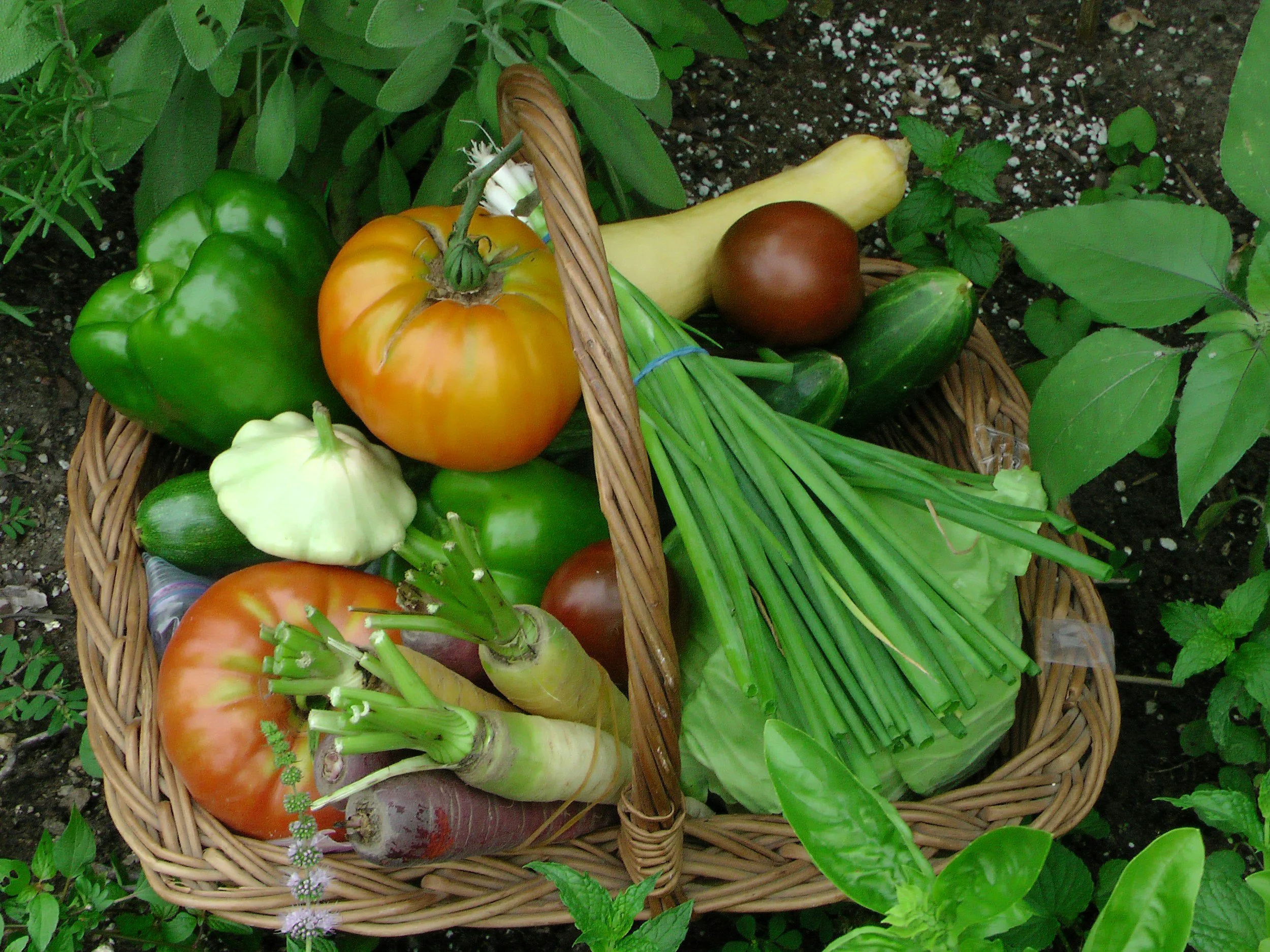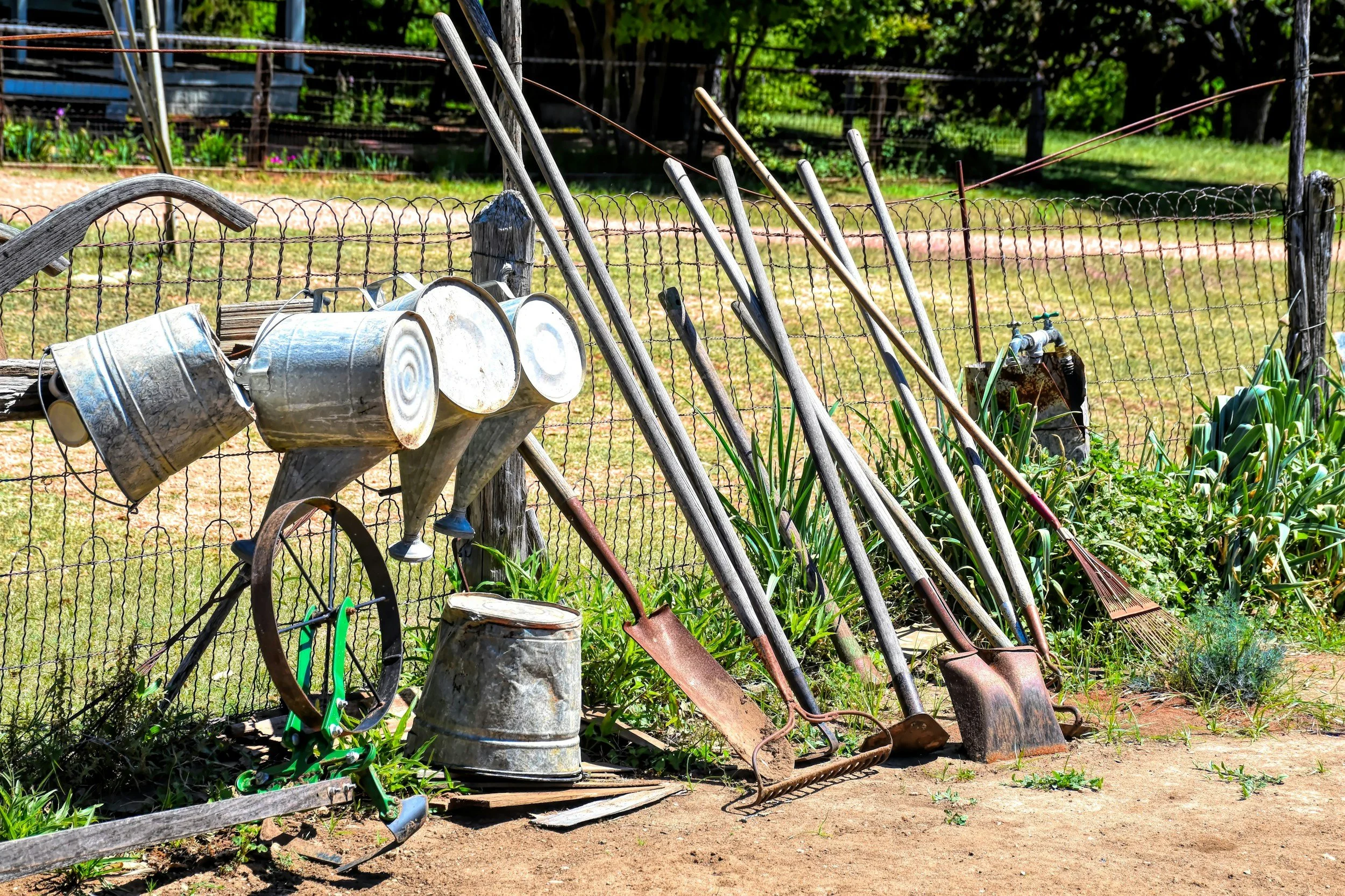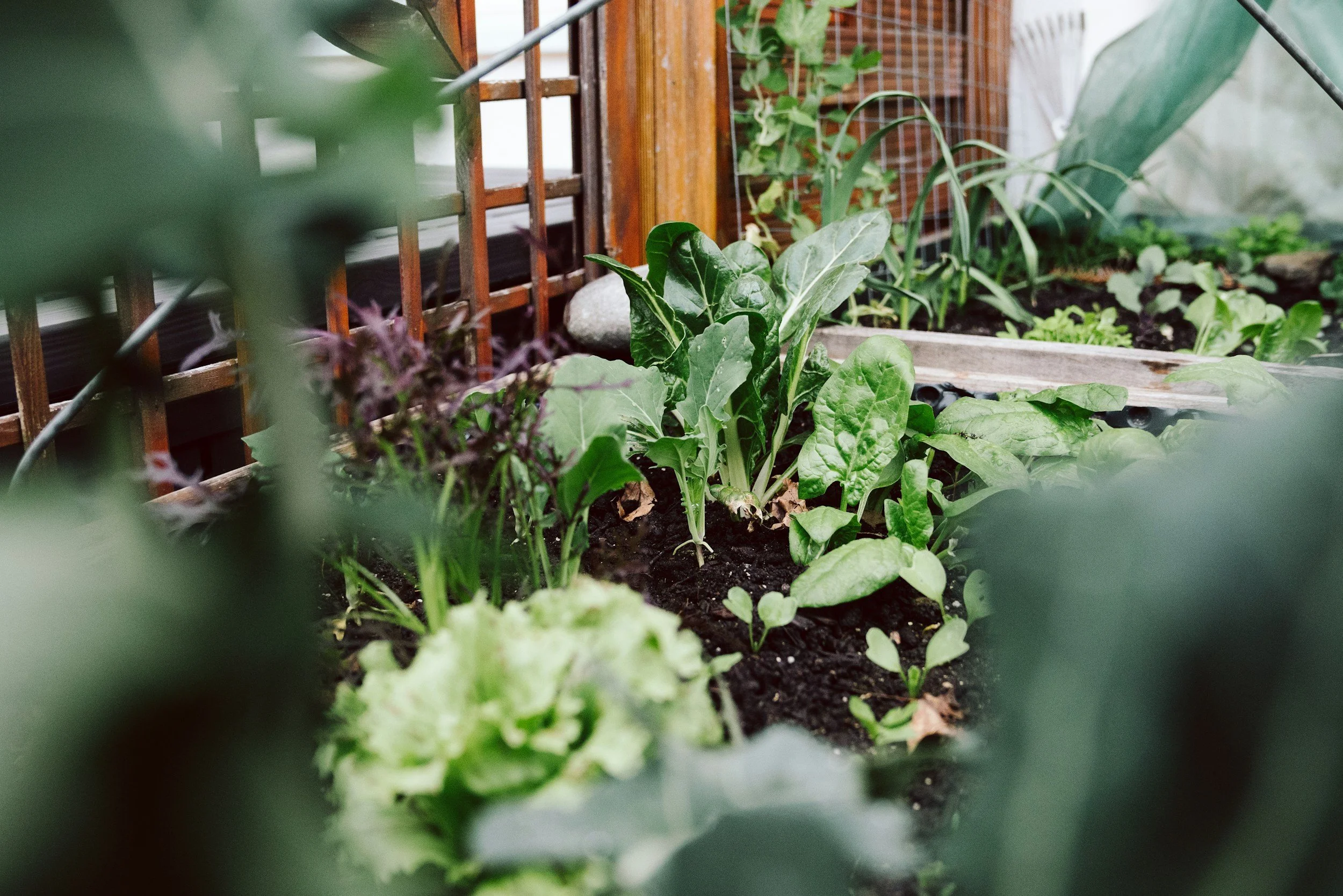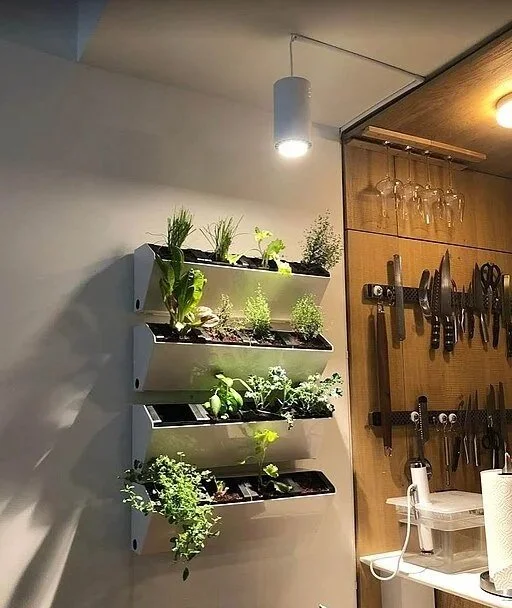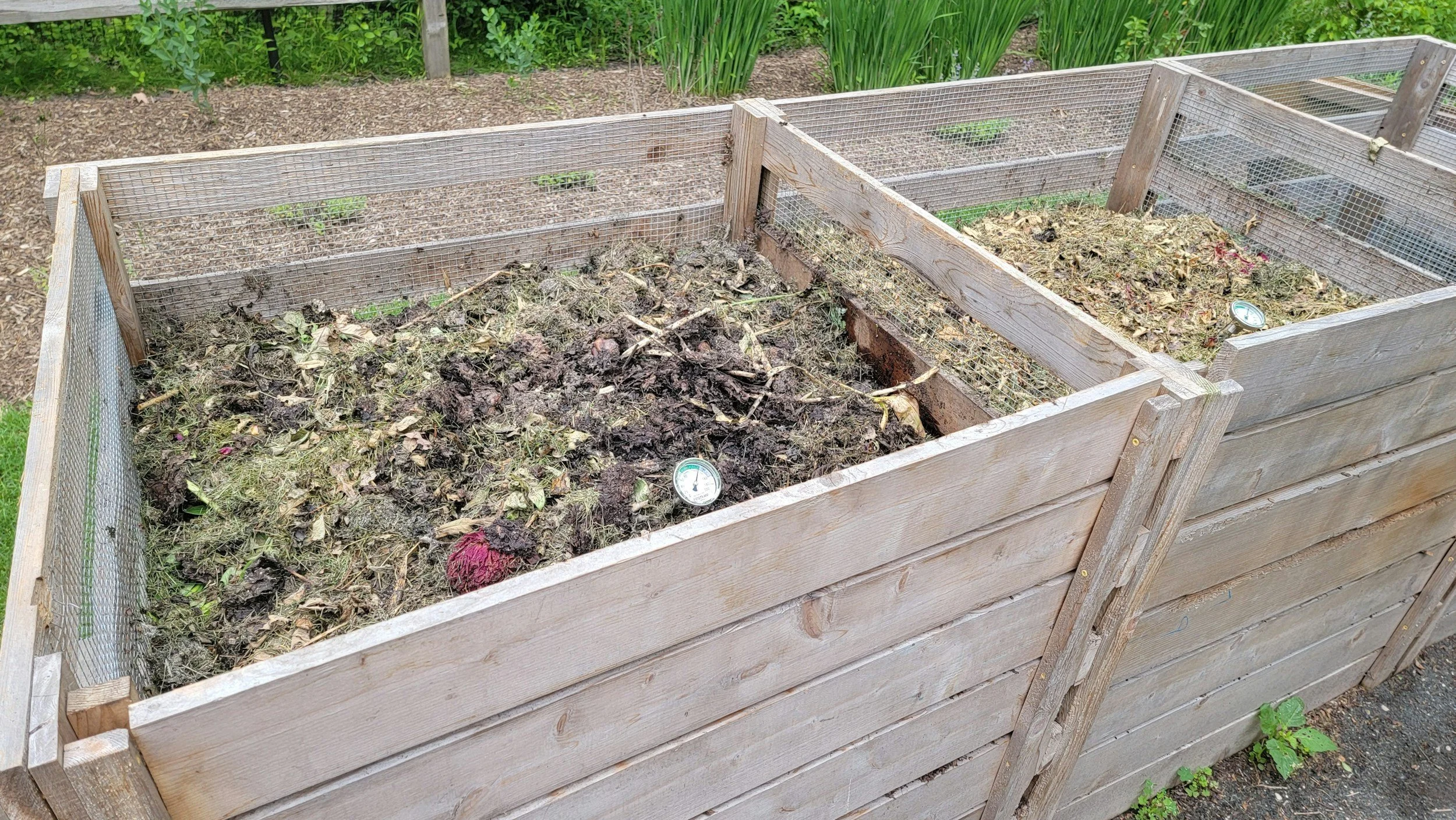10 Eco-Friendly Ways to Celebrate this Memorial Day
/Memorial Day is coming in a little more than a week from now. if you’re preparing to fire up the grill, attend a parade, visit a cemetery or memorial, or get out and say welcome to the unofficial start of summer (here’s hoping you’ll have plenty of sunshine to enjoy), you’ll be joining the majority of over 300 million Americans who will be observing the holiday this year.
Memorial Day wouldn’t be quite complete without the usual round of recommendations and suggestions for how to enjoy the long weekend. This year, we’re joining the chorus and adding our voices with 10 fun, eco-friendly, and off-the-beaten track ways to celebrate this Memorial Day.
1. Make a few jars of soup starters for people you like and/or love. The list could include your child’s teacher (get a head start on those teacher’s gifts), neighbor, your bestie(s), or the friends who’ll be hosting a Memorial Day barbecue at their home (or the guests who stay to help you clean up yours after the party is over). There are a lot of possibilities for easy summer soups that you can share with others. Here’s one I love: layer, in a jar
½ cup uncooked brown rice
½ cup barley or farro
½ cup red lentils
½ cup green split peas
1 tbsp dried parsley
1 tbsp dried thyme
1 tbsp dried oregano
2 tbsp Hungarian paprika (preferably the sweet kind)
2 bay leaves
3 cloves garlic, minced (or substitute ½ tsp dried garlic)
1 tbsp salt
2 tsp black pepper
And print out these instructions, attaching them to the jar with a ribbon or string:
Pour the contents of the jar into a pot and add 1 diced onion, 3 large sliced carrots, 1 diced green pepper, 2 cloves crushed garlic, 10 cups of water, and more salt and pepper to taste. You can also add in a pound of diced boneless, skinless chicken breasts or thighs, or a couple of turkey legs (you’ll have to fish out the bones and skin after the meat falls of the flesh.) Bring to a boil, cover and simmer for an hour until the grains are tender, and thin with water or (chicken or vegetable) stock as needed.
Just before serving, stir in the juice of 2 oranges (or ¾ cup of orange juice).
This recipe made about 10 (large) servings in our household.
If you choose to make this soup without meat, one thing you can do to add an interesting texture is puree 3 cups of the cooked soup and add it back into the rest.
2. Start composting. As much as 40 percent of the food is wasted in the US alone, much of it at the household level. One way to tackle food waste in your own home, and to find new uses for the table scraps that you can’t use, is to reconvert food into nutrient-rich soil. Don’t know how to compost? The Daily Gardener has a fool proof guide to help you get started. If you want to do as little work as possible and can handle the expense, you can shell out the money for a high quality compost tumbler that makes the process a lot easier. (hint: there are a few suggestions for tumblers and other composting tools at the end of this post. If you click on one of these links, Green and Prosperous may earn a small commission.)
3. Book a short stay on a farm. A lot of people don’t realize that farms are not only places that supply your produce and other food products. Some family farms also function as vacation destinations! This is a relatively new concept in the US. In Europe, Australia, and New Zealand, “holiday” on a farm is a familiar concept. This is not a bed-and-breakfast on a non-working farm or a farm labor-for-free food and lodging concept, but something quite different. Each farm operates differently, so you’ll have to do a bit of research to find out more. A good place to start looking for the option that will appeal most to you and your family is http://www.farmstayus.com/.
4. For that matter, take a class on a farm. It’s no secret that most small family farms are struggling. To get by, some have entered the restaurant or café business, while others offer classes and seminars to people who want to learn more about where their food comes from, how to grow vegetables or raise farm animals, or how to cook wholesome, healthy meals. Start your search for a farm offering classes here.
5. Live near Telluride, Colorado? Go to Telluride Mountainfilm, the documentary film festival held every Memorial Day weekend. The festival showcases stories about environmental, climate, cultural, political, and social justice issues and attracts athletes, change makers, and activists from all over the world. Hurry – some passes are sold out, but the Closing Picnic & Awards Ceremony ($25 - featuring organic fare), the Sunshine Pass ($350-400) and a couple of other, higher-priced passes (inclusive of donations) are still available. Or check out one of these other family friendly (and eco-friendly) Memorial Day events around the country.
6. Get out on the water and go kayaking! Kayaking is a great way to have fun, get exercise, and incorporate the whole family. If you have kids who are too little for kayaking, you can bring them along for a paddleboat ride.
7. Plant seedlings with your kids. Growing culinary herbs and small edible plants that don’t require much space, like lettuce or Swiss chard, is easy and inexpensive with the many DIY kits out there. The best ones contain seeds, planting medium, and pot all in one. You can also grow plants using a terrarium or plantable seed paper. Planting culinary herbs is not only a good way to teach your kids about how things grow, it is a good starting point for getting them interested in healthy eating. Some herbs like rosemary, mint, and basil also function to clean the air in your home, purging it of some of the harmful chemicals that we absorb and ingest every day.
Alternatively, you can start your own food garden this long weekend. Don’t have much space or experience? Take my container gardening online course, which teaches you some basic and advanced techniques to keep you supplied in herbs, vegetables, and fruits throughout the season(s)! Click the link to go to the course page and check it out!
8. K-cup addict? K-cups generate a ton of plastic waste every year, so much so that their inventor, John Sylvan, has expressed his regret at having made them. One solution to this problem is to empty the pods after use, then compost the coffee (see #2 above). Alternatively, you can reuse the spent coffee grounds in your houseplants, garden, or yard. Contrary to popular belief, it’s only unused coffee grounds that add acidity to the soil; spent coffee grounds are nearly pH-neutral. They help your plants by adding organic material to the soil, helping beneficial micro-organisms thrive, and attracting earthworms. Other benefits of using coffee grounds in your soil are discussed in articles by Candace Osmond for Backyard Boss and Heather Rhodes for Gardening Know How. Finally, you can bring kids into the mix and add in some fun by drawing upon one of these “25 Creative Ways to Re-use Keurig K-Cups,” courtesy of Happy Hooligans. OF course, the best way to keep your K-cup addiction without the waste or environmental impact of those plastic cups is to start using reusable K-cups.
9. Join a CSA (Community Supported Agriculture). By joining a CSA, you can have a steady supply of fresh fruits and/or vegetables delivered to your home or nearby designated location (or you can go to the farm and pick up your harvest). Nowadays, there are more options for joining CSAs. Some will let you pay in installments instead of having to pony up hundreds of dollars at a time for a season of shares (shares = the part of the harvest you are buying into). Find a CSA near you using this handy tool, courtesy of Local Harvest.
10. Finally, this list of Memorial Day activities would not be complete without a mention of grilling tips to minimize your exposure to harmful chemicals. As a number of studies have now demonstrated, grilling releases a range of carcinogenic chemicals in meat. Two kinds of these cancer-causing compounds, HCAs (heterocyclic amines) and PAHs (polycyclic aromatic hydrocarbons), develop when heat reacts with creatinine and amino acids in animal muscle over an extended period of time. Aside from that, microwaving your meat before grilling also cuts down on the grilling time and ensures that the meat will be cooked through when the outside is browned or charred.










